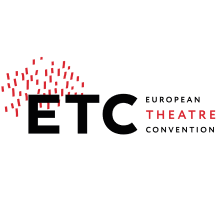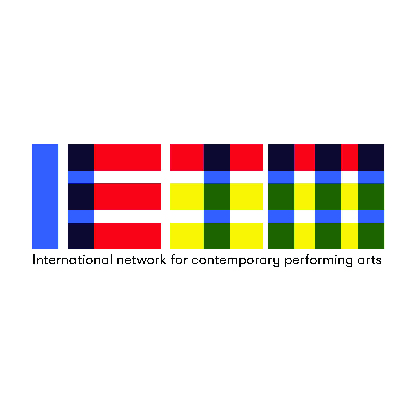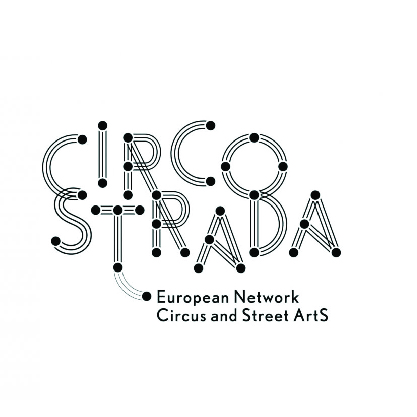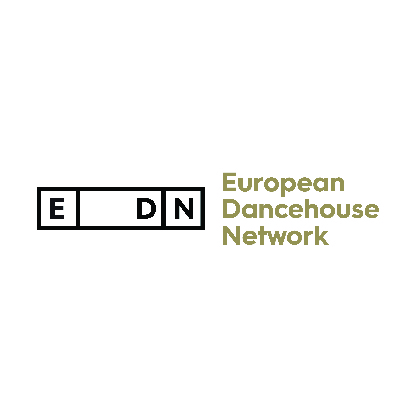The context, in which European citizens live today, has become ever more complex and challenging, whilst inequalities have widened. Societal disruptions have led to the rise of populism. Today's migration requires a bolder approach to social cohesion. The rising awareness of highly digitised citizens requires a stronger ability to navigate this complex reality through a constructive and critical reflection. The unity within the EU has been undermined by internal contradictions and growing eurosceptic sentiments; thus, a greater effort to nourish a feeling of common culture and values is sorely needed.
Therefore, we support the Culture Action Europe’s Appeal for the European Parliament Elections 2019 and call on the European Institution and the Member States to recognise culture as a vital ground for a socially integrated and inclusive Europe.
We appreciate the EU’s ever more distinct drift to regard culture’s values and relevance through the social prism [1]. In this context, it is crucial and timely to highlight, promote and strengthen the power the performing arts [2] to underpin the social component of the European project and the arts’ genuine value for the sustainable future of the EU.
The performing art form embraces qualities which too often get lost in our daily existence: it confronts people with unexpected messages, non-mediated and unframed, and invites the spectator to a unique physical proximity. Performing arts trigger a very special human trait: the ability to identify with the “other”, to empathise with the character or the body on stage, all the more so when the spectator turns into an active participant of the performance, which is a vital practice of immersive and participatory theatre.
The performing arts have an inherent power to promote humanitarian values. They enable citizens to break out of the increasingly predominant simplistic us-against-them discourse and develop free room of accepting and understanding different points of view which are essential for a healthy democracy. Today, in the digital times, when the access to information is easy and the patterns of comprehending reality are being simplified, performing arts remain one of the few mediums of critical thought on the complexity of the environment we are living in.
The performing arts foster the assembly of citizens, have the potential to create the space and provide the tools for various communities to engage in a dialogue, and to bring their concerns and feelings upfront, which are otherwise excluded from the social discourse and let alone the political debate. This fosters civic engagement and facilitates social cohesion – essential conditions to enable the EU to not only prosper, but to exist. Moreover, cross-border mobility of artists and their works contributes to the citizens’ awareness and appreciation of Europe’s diversity of languages and aesthetics.
Therefore, we call on the European Institutions and the Member States to:
- Recognise and promote the multiple nature of culture, which comprises not only economic and social dimensions, but also its intrinsic value, as well as its role in enhancing democracy, critical thinking, and the sense of belonging and citizenship.
- Address the urgent need to defend the freedom of artistic expression, alongside the undeniable power of the arts to open minds and encourage critical reflection. Sadly, pluralism and freedom of the arts are being challenged and undermined in many parts of the world, including several EU member states.
- Address the precarious and unstable conditions in which the performing arts sector works all over Europe; support collecting data (employability, mobility, economic conditions and impacts) and convey a study on the performing arts’ social impact.
- Ensure that the future mobility scheme is sufficiently financed and supports both mobility of individuals and circulation of artistic work in as many European countries as possible, as well as outside the EU. Environmental sustainability should be considered and embraced as the backbone of the mobility programme.
- Integrate inclusion and equality as Creative Europe’s guiding values and requirements for applying. Accessibility for artists and cultural operators with disabilities should be ensured across all stands and sectoral actions.
Secure a fair access of micro-organisations to Creative Europe (enterprises employing less than 10 people) and other EU funding programmes open to culture and the arts. - Address the different (social, political, financial) challenges faced by various segments of the performing arts sector in a constructive and sustainable way through undertaking a pan-European Forum for the performing arts, involving a diverse range of stakeholders.
- Develop, in close collaboration with the sector, a European multi-annual action plan / policy framework for the performing arts to promote and strengthen the value of the sector at the EU level.
We also endorse all the points of Pearle*’s manifesto On the European Stage 2019–2024: Priorities for the live performance sector.
We believe culture and the performing arts deserve a far-reaching recognition at the EU level. We are ready to embark on a close collaboration with European institutions to make the above listed requests a reality.
Power of Performing Art in Europe (PDF)
Download
[1] - The Gothenburg Social Summit and Leaders’ agenda on Education and Culture, 17 November 2017
- The launch of the European Year of Cultural Heritage 2018 in Milan, December 2017
- The Communication of the European Commission on “Strengthening European Identity through education and culture”, 14 November 2017
- Joint Communication to the European Parliament and the Council “Towards an EU strategy for international cultural relations”, June 2016
- Proposal for a Regulation of the European Parliament and of the Council establishing the Creative Europe programme (2021 to 2027)
[2] Types of performing arts are theatre, dance, opera, performance arts, live music, magic, illusion, mime, spoken word, storytelling, puppetry, circus arts, street arts.







